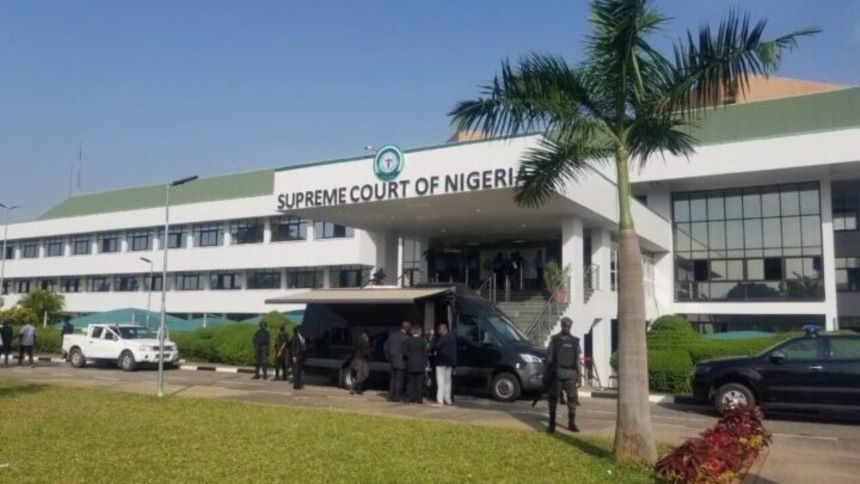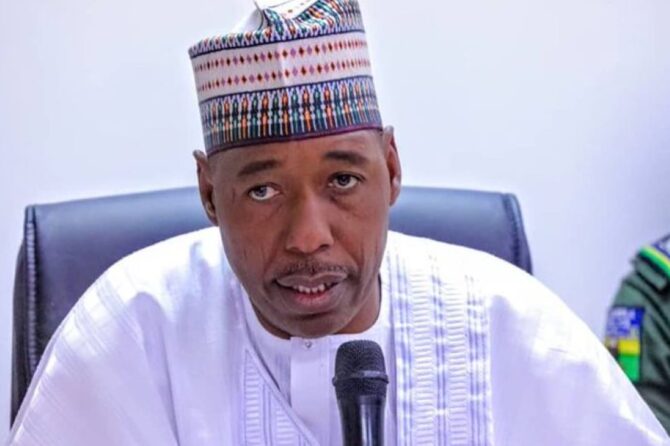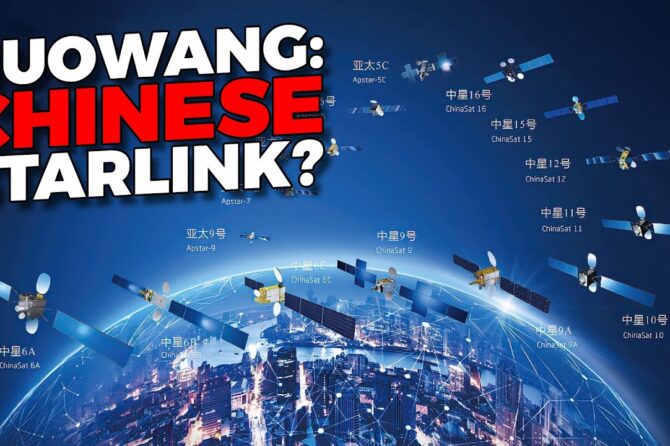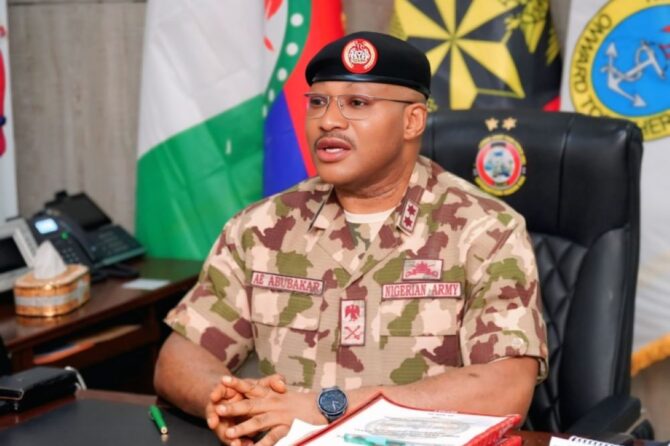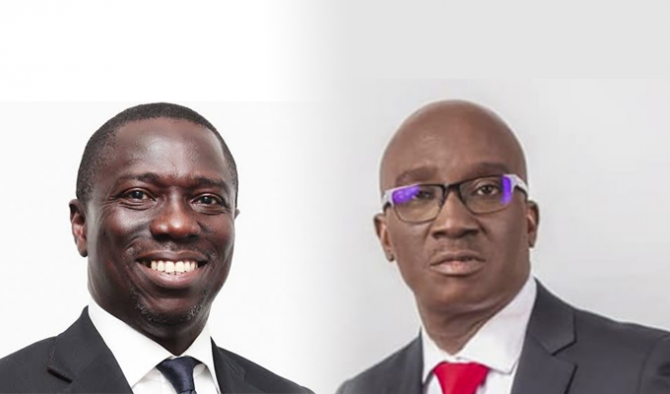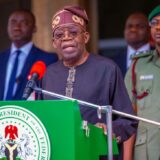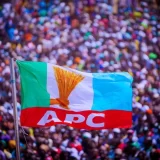Labour Party Leadership Crisis Deepens Following Supreme Court Ruling
ABUJA — The Labour Party’s leadership crisis has intensified following a recent Supreme Court ruling on April 4, 2025, which dismissed the Court of Appeal’s recognition of Julius Abure as the party’s National Chairman. The judgment emphasized that party leadership disputes are internal matters that should not involve judicial intervention, leaving the party divided and sparking debates over governance and future electoral prospects.
Supreme Court Judgment
- Key Decision:
- The Supreme Court ruled that the Court of Appeal lacked jurisdiction to pronounce Julius Abure as National Chairman, emphasizing that leadership disputes within political parties are internal affairs.
- Implications for Abure:
- While the ruling did not explicitly sack Abure, it has cast doubt on his legitimacy as chairman. The faction led by Senator Nenadi Usman claims the judgment effectively ends Abure’s tenure.
- Response from Abure’s Faction:
- The Abure-led National Working Committee (NWC) held a press conference in Abuja, asserting that the ruling affirmed his leadership following his re-election at the March 2024 National Convention in Nnewi, Anambra State.
Escalating Crisis
- Formation of Caretaker Committee:
- The crisis deepened after Abia State Governor Alex Otti convened a stakeholders’ meeting, establishing a 29-member caretaker committee led by Senator Nenadi Usman. This move was rejected by Abure’s faction as null and void.
- INEC’s Refusal to Recognize Abure:
- The Independent National Electoral Commission (INEC) has refused to acknowledge Abure’s leadership, further complicating the party’s internal struggles.
- Financial Misconduct Allegations:
- Allegations of mismanagement of over ₦3 billion in campaign funds from the 2023 elections have fueled mistrust within the party.
Reactions from Stakeholders
- Kenneth Okonkwo’s Resignation:
- Kenneth Okonkwo, a former spokesperson for Peter Obi’s presidential campaign council, resigned from the party, citing ineffective leadership and unnecessary litigation.
- Nigeria Labour Congress (NLC) Intervention:
- The NLC, a founding entity of the Labour Party, has called for a restructuring to restore the party’s original ideology and suggested a possible merger ahead of the 2027 elections.
- Peter Obi’s Silence:
- Despite being a prominent figure in the Labour Party, Peter Obi has remained largely silent on the leadership crisis, prompting speculation about his role in resolving or exacerbating the turmoil.
Impact on 2027 Elections
- Divided Front:
- Internal divisions threaten the Labour Party’s ability to present a united front in the 2027 elections, undermining its credibility as Nigeria’s third-largest political opposition party.
- Loss of Momentum:
- Once a beacon of hope during the 2023 elections, the Labour Party now faces challenges in maintaining voter confidence amid ongoing disputes.
Conclusion
The Supreme Court ruling has left Nigeria’s Labour Party at a critical juncture, with its leadership crisis escalating and key stakeholders divided over governance and electoral strategy. As calls for restructuring and unity grow louder, resolving these internal conflicts will be essential for the party’s survival and relevance ahead of the 2027 elections.


